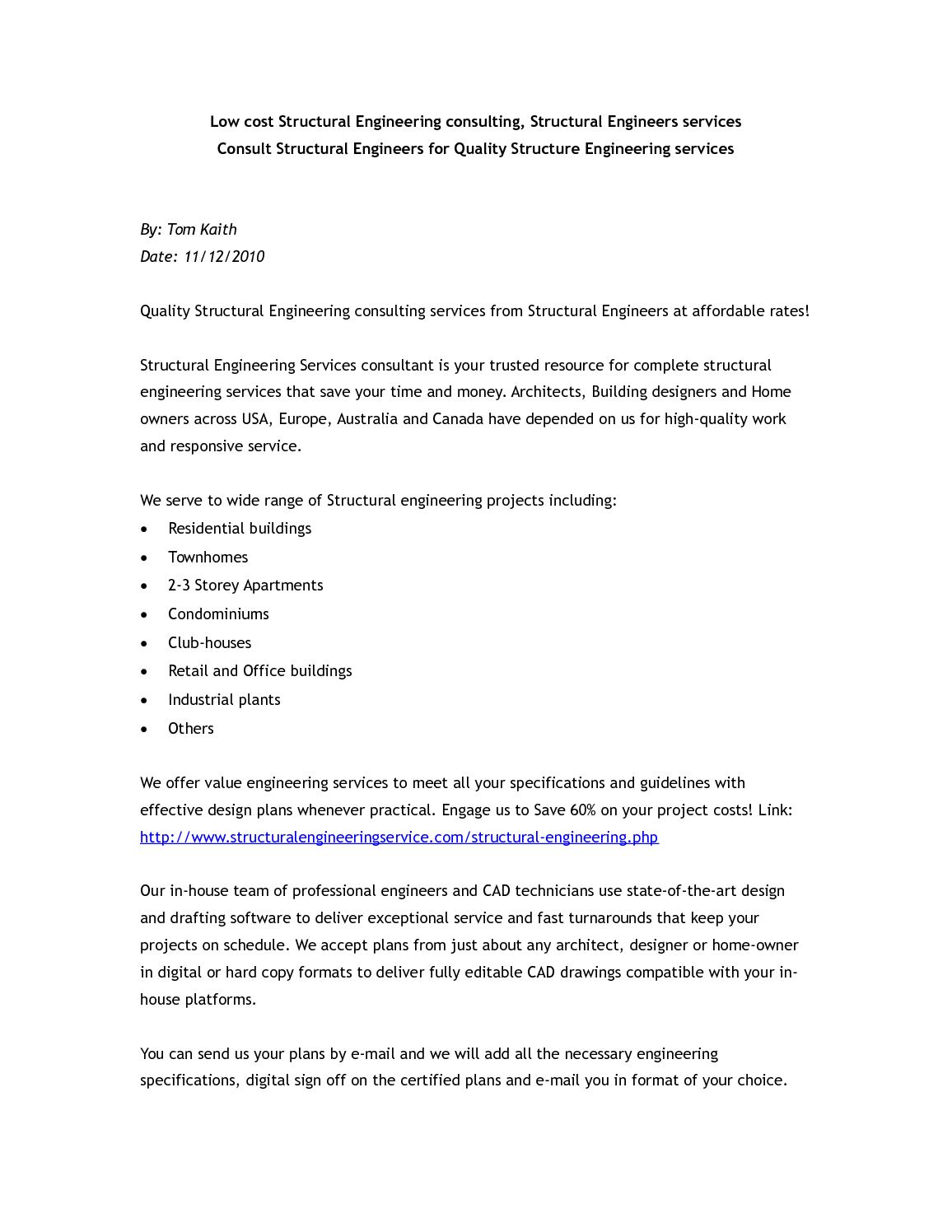
A graduate programme consulting company offers many advantages. This article will provide information about the salary and responsibilities of a graduate programme consultant. It will also explain how to get into this kind of consultancy and why it's an attractive career choice. This article provides information on the job description and salary scales of graduate program consultants. These are just a few of the many benefits that come with working in a graduate-programme consulting firm. Continue reading to discover more.
Benefits of working on a graduate consulting programme
Working in graduate programme consulting is a great way to gain experience and learn from others. Graduate consultants will be expected to perform everything, from conducting client interviews to preparing briefing material for the consulting team. Aside from gaining practical experience, graduate consultants can also be awarded certifications that enhance their application. Listed below are a few of the benefits of working in a graduate consultancy programme.

Networking opportunities - Graduate programmes often offer mentoring opportunities to help participants make connections within the organisation. Ben was paired during the graduate programme with a senior member. This provided him valuable work experience in a certain area of business. Similarly, other employers pair graduate candidates with recent graduates, which is beneficial for their professional development and career growth. Graduate programmes offer the chance to work in a rotational environment, which can prove very beneficial over the long-term.
The duties of a consultant to a graduate program
Graduate consultants work with financial data analysis to find ways to decrease overheads or increase profit margins. They also suggest ways to improve production processes to increase income and cut costs. Graduate consultants oversee the implementation of their suggestions, giving guidance and assessing their effectiveness. In addition, they conduct interviews to gather data and analyse the findings. These tasks make them indispensable to a business, particularly in a competitive environment.
Graduate consultants are able to specialize in a variety of areas including IT, business, mathematics and other fields. A degree in a relevant subject such as economics, geography, geophysics, or business is usually enough, though a 2:1 is beneficial. Because it gives them a competitive advantage, graduate trainees with work experience will also be highly sought-after. They may also apply for positions that require certifications to make them stand apart from the rest.
Salary for a Graduate Program Consultant
Salary for a graduate programme consultant is dependent on the country. For example, Germany pays 23% more than the UK while the Middle East only pays about half the amount. The UK has lower salaries than other countries, but UK graduates pay 45% higher in taxes than their counterparts from other countries. However, this is likely to be offset by the fact that UK consultants have greater access to top talent and can attract top performers for less.

Many employers offer a variety of benefits for graduates such as free breakfast and dinner, subsidised exercises classes, and Friday beverages. Graduates can also move into permanent employment, such as in management or technology consulting. Some graduate recruitment agencies are even offering sabbaticals and flexible working arrangements. BCG and other agencies offer flexible work hours, as well as a flexible policy for their consultants.
FAQ
What should your consulting fees be?
It all depends on the service you offer. You don't have to charge anything if you provide services free of charge. But if your services or products are for sale, you will need to establish prices that reflect their value.
If you are providing low-quality services, then you don't have anything to sell. Why would anyone pay anything for you?
You may be able to ask for a higher price if you offer high-quality services. This is because people know the value that you provide. You may also want to offer discounts to clients who buy multiple packages from you.
What can I anticipate from my consultant
Once you select your consultant, you should expect to hear back from them within a few days. They will ask you for information about your business, including the mission, goals, products, and budget. Next, they'll provide a proposal describing the scope and estimated time frame, fees, deliverables or milestones, as well as an estimate of costs.
If all goes according to plan, the two sides will sign a written deal. The type relationship between the two sides (e.g. employee-employer or independent contractor-employer) will dictate the terms of the contract.
If everything goes as planned, the consultant may begin to work immediately. He/she will have immediate access to your internal documents, resources, and you'll be able to access his/her skillset and knowledge.
However, don't assume that just because someone is a consultant that s/he knows everything. It takes practice and hard work to become an expert in the field you are consulting. Your consultant should not assume that they know everything about you business.
How do I choose a good consultant?
Three main factors should be considered:
-
Experience - How much experience does this consultant have? Are they a beginner, intermediate, expert, or some other level? Does her resume demonstrate that she has the required skills and knowledge
-
Education – What did this person learn at school? Did he/she pursue any relevant courses once he/she graduated? Can we see evidence of that learning in the way s/he writes?
-
Personality - Are we attracted to this person? Would we hire him/her to be our employee?
-
These questions help to decide if the consultant suits our needs. If the answers are not clear, it may be worthwhile to interview the candidate in person to get more information about them.
What is a consultant and what are their responsibilities?
Consultants provide services for others. It's more than just a job title. This role allows you to help others achieve their dreams. This involves helping them to understand their choices and making the right choices.
Consultants are skilled at solving problems and overcoming challenges that can arise during projects. Consultants can also offer advice and guidance regarding how to implement these solutions.
A consultant should be able to answer questions about anything related to business, technology, finance, law, management, leadership, strategy, operations, customer service, human resources, etc.
What happens when the consultant finishes his job?
After the consultant completes their work, he/she will submit a final summary of the results. This report includes the deliverables and project timelines.
After that, you'll go through the report and decide if it meets your expectations. If not, you can either request changes or terminate the contract.
Statistics
- 67% of consultants start their consulting businesses after quitting their jobs, while 33% start while they're still at their jobs. (consultingsuccess.com)
- According to IBISWorld, revenues in the consulting industry will exceed $261 billion in 2020. (nerdwallet.com)
- According to statistics from the ONS, the UK has around 300,000 consultants, of which around 63,000 professionals work as management consultants. (consultancy.uk)
- "From there, I told them my rates were going up 25%, this is the new hourly rate, and every single one of them said 'done, fine.' (nerdwallet.com)
- Over 50% of consultants get their first consulting client through a referral from their network. (consultingsuccess.com)
External Links
How To
How to Find the Best Consultant
The first thing to do when looking for a new consultant is to ask yourself what you want from him/her. Before you begin searching for a consultant to help you, you should be clear on your expectations. You should make a list of all the things you need from a consultant. This list could include technical expertise, project management skills, communication skills and availability. You might also want to talk with colleagues or friends about their recommendations. Ask them if they had any bad experiences with consultants previously and see how their recommendations compare with yours. If you don't have any recommendations, try doing some research online. You will find many websites such as LinkedIn, Facebook Angie's List, Indeed and Indeed where people can leave reviews about their past work experiences. Consider the ratings and comments of other candidates and use these data to start your search for potential candidates. Once you have a shortlist, be sure to contact potential candidates directly to schedule an interview. You should discuss your requirements with the candidates and ask them how they can help. It doesn’t matter who recommended them to you, just make sure they understand what you are trying to achieve and how they can help.